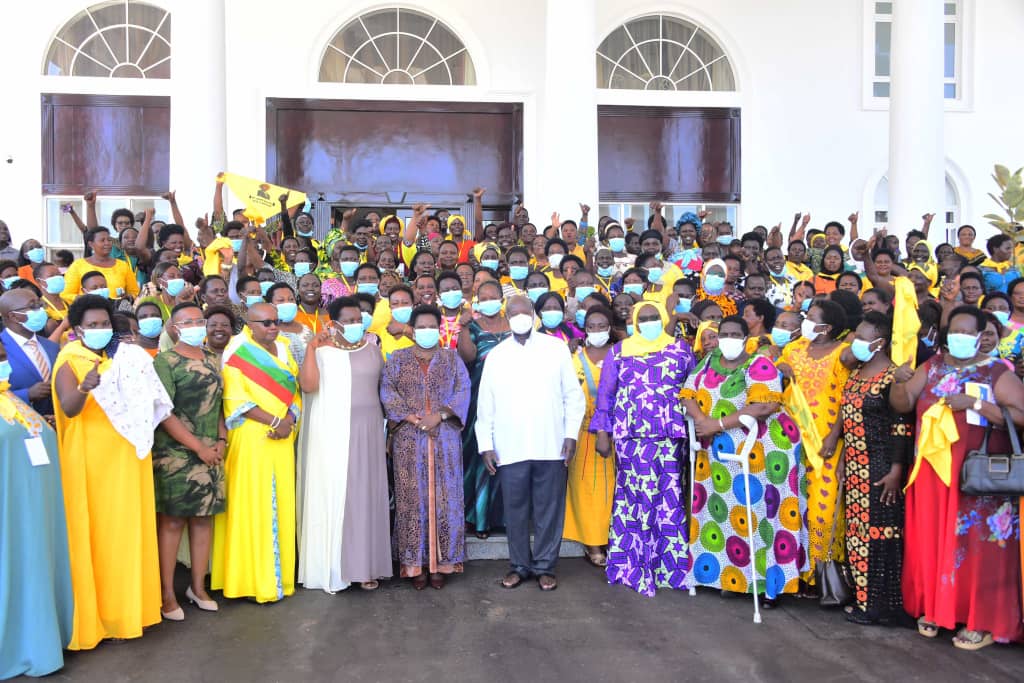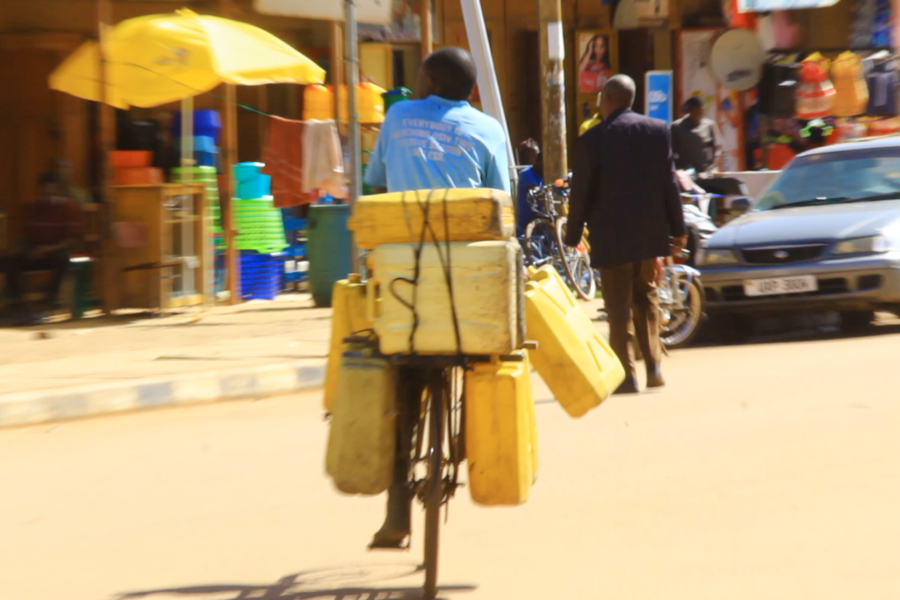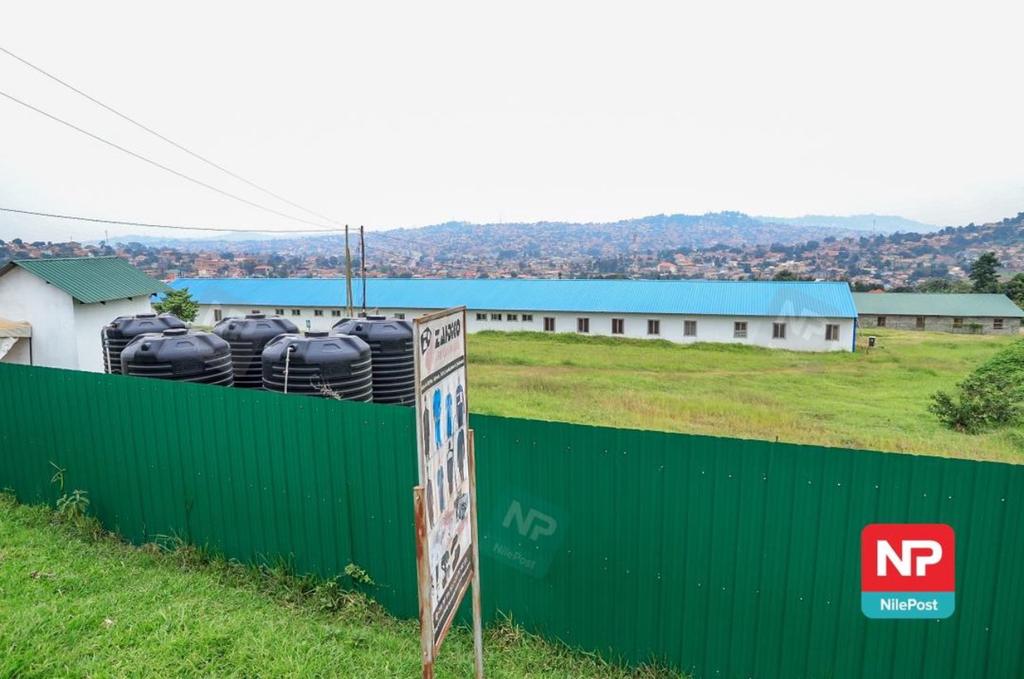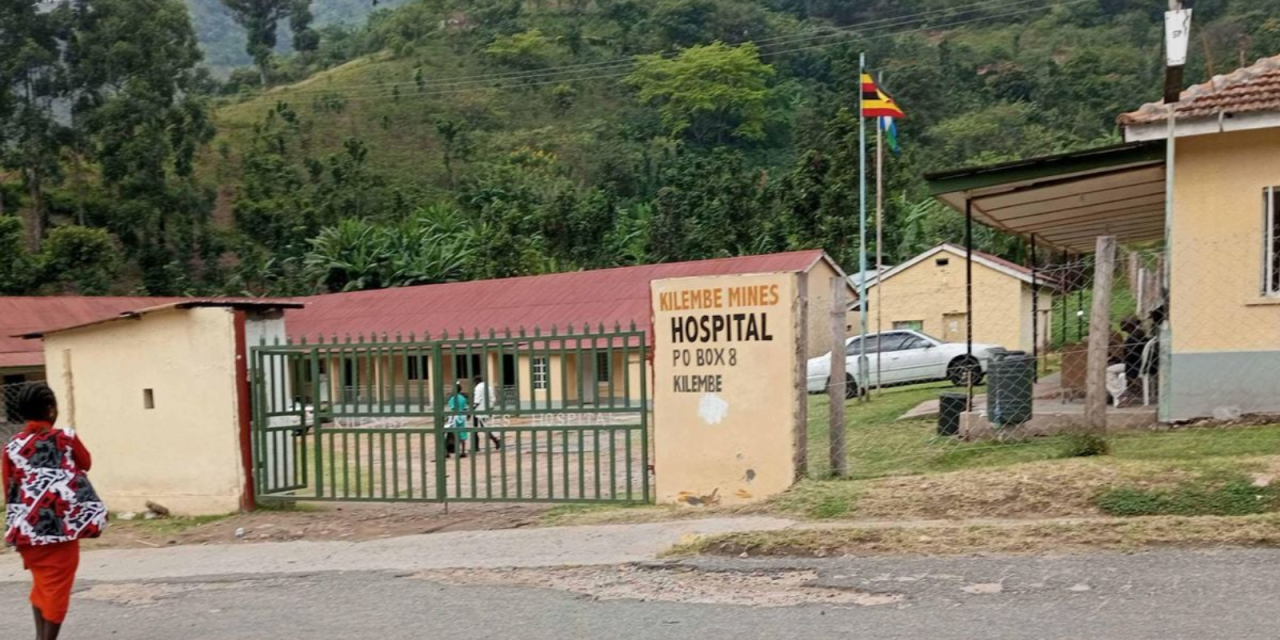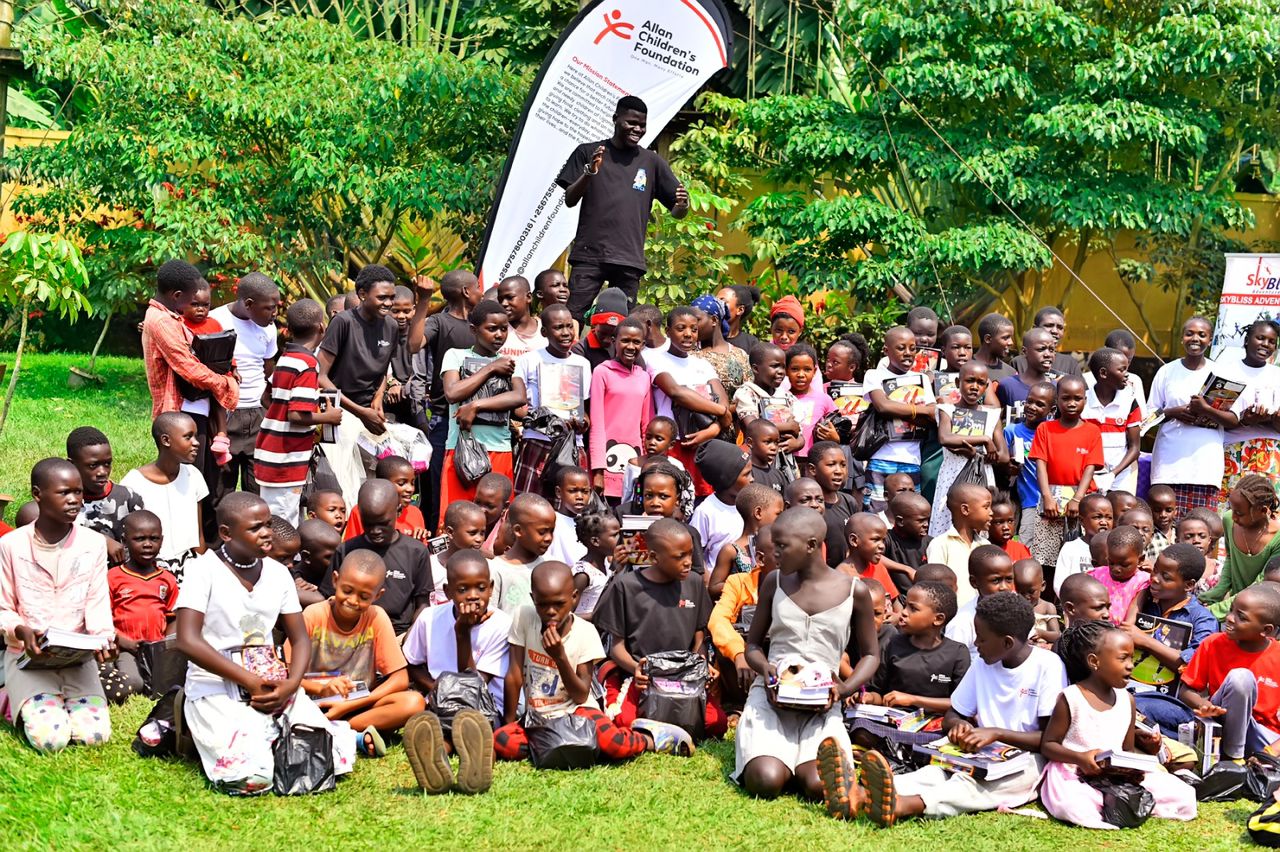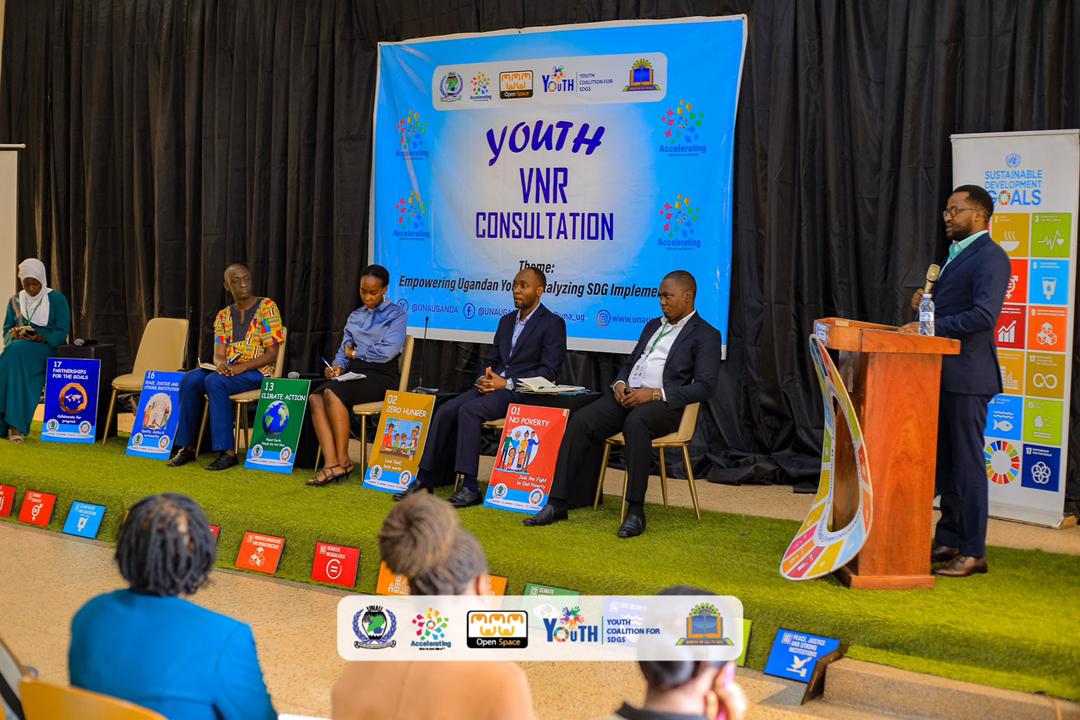Kadaga wants domestic work recognised, valued
NEW YORK: When women and girls engage in household chores such as cooking, cleaning, taking care of children and the elderly including fetching firewood and water, it constitutes what has been termed unpaid care and domestic work.
International and civil society organisations meeting at the sidelines of the 63rd session of the Commission on the Status of Women at the United Nations headquarters in New York, which is taking place from 11th -22nd March 2019, have proposed that government puts in place policies and programmes including legislation to address unpaid care work.
Keep Reading
“We cannot attain gender parity when the majority of the women are engaged in the domestic sphere providing services that do not have economic benefit. We cannot talk about attaining Agenda 2030 or even SDGs when we are not addressing these issues of unpaid care and domestic work,” said Rita Aciro, the Executive Director, Uganda Women’s Network (UWONET).
Aciro said if women cannot get out of the domestic sphere to do economically gainful work and also participate in decision making, then they will always be left behind.
She explained that unpaid care and domestic work is central to the attainment of all the development goals set at national level and international level and therefore, there is need to redistribute and reduce the burden of unpaid care and domestic work since it’s something that benefits the community, nation and world.
Jane Ocaya-Irama, a Women’s Rights Advisor with OXFAM said it is important to get men and women know that the work that women do should be recognised and valued. She said there’s need to reflect this work in terms of national statistics.
In her remarks at the event, the Speaker of Parliament, Rebecca Kadaga, noted that it is important to draw attention and advocacy on the issue and have partners in the community to champion the cause.
Kadaga explained that in the mind of an African man, the duty of a woman is to fetch water, firewood and tether the goats.
“We need to have partners in the community so that we can start a conversation about unpaid care work because if you are to go to my village and ask a man, ‘does your wife work?’ he’ll say, ‘she does not work’ but she’s the first to get up and the last to sleep. So, even the concept of what is work within the community is something we need to discuss before we can lay strategies,” Kadaga said.
The speaker undertook to work with women parliamentarians to raise consciousness about the issue until it becomes a government policy.





